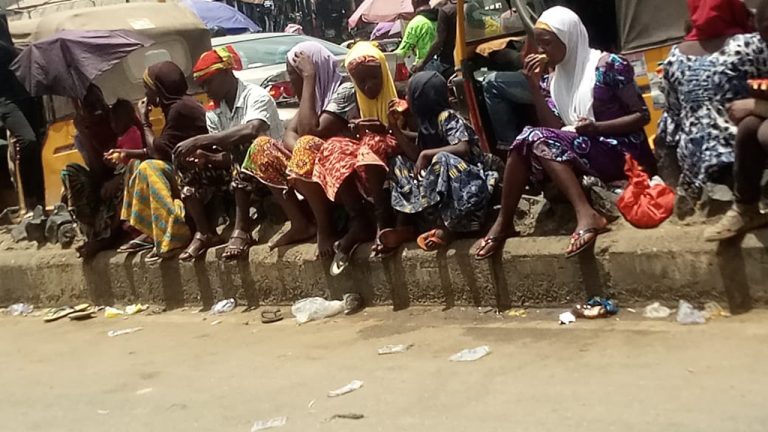A tweet by Senator Shehu Sani has sparked a thought-provoking conversation about the growing issue of beggars in the Federal Capital Territory (FCT), Abuja.
ASHENEWS recalls that the Federal Capital Territory Minister, Nyesom Wike, during the inauguration of the construction of an access road from Ring 1 by N16 to Judges’ quarters and roads within the quarters in Katampe District of Abuja on Tuesday, declared war on Abuja beggars.
He gave them a one week ultimatum after which they would begin to be apprehended. “Let me state clearly that we have declared war; Abuja is turning into a beggar city. If you know you have a sister or brother who is a beggar, please, from next week, we’ll carry them. We’ll take them out. It is embarrassing that people will come in and the first thing they’ll see are just beggars on the road,” Wike warned.
But Sani in his tweet on his X handle @ShehuSani on Wednesday, expressed that removing beggars from the nation’s capital is a superficial solution to deeper societal problems, likening it to hiding an illness instead of curing it or concealing dirty laundry instead of cleaning it.
“The Abuja beggars don’t tarnish our image,” he tweeted, “they represent our hidden images that we don’t want the world to see.”
This sentiment highlights the broader realities of inequality, poverty, and the lack of social safety nets in Nigeria. The beggars seen on the streets of Abuja are not simply individuals seeking alms; they symbolize a much larger socio-economic disparity that the government and society have yet to fully address.
Senator Sani’s comparison challenges the notion that the presence of beggars diminishes Nigeria’s international reputation. Instead, he suggests that beggars expose the neglected aspects of the country’s socio-economic structure—unemployment, lack of access to healthcare, and widespread poverty.
Efforts to remove them from public spaces may offer a temporary aesthetic fix, but they fail to address the underlying causes that create and perpetuate their existence.
The capital city, as the seat of power and governance, is where these hidden images come into sharp focus. For Nigeria to improve its image, there needs to be a concerted effort to address these foundational issues, not just move them out of sight.
Senator Sani’s tweet serves as a reminder that Abuja’s beggars are a reflection of the country’s socio-economic struggles, an image that cannot be erased simply by sweeping them off the streets. They represent the parts of Nigeria that policymakers must face if true change is to be realized.


